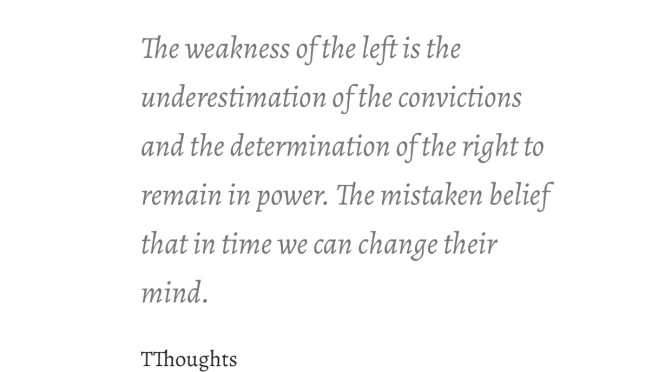What do you complain about the most?
I will start this post with the full acknowledgement that I should be and am grateful for all the blessings I have, but seeing is the post is not an ode to my lack of gratitude I will say the thing I complain most about is work. I am an advocate of the labor movement and am of the belief that “the labor movement is in shambles” so I find myself often complaining about different elements of work.
My favorite and timely complaint is the mandatory return to office. Wait hear me out. I know this is somewhat of a first world and white collar worker problem to have but still its emblematic of a larger problem between workers and employees. The issue is never if the work is done because when work is isn’t done there are many different metrics that employers have figured out to calculate efficiency. In fact if you fall below an adequate level of efficiency I believe they do something they call “firing you”. No the problem is not that work will not be done. The problem is trying to control employees time so if they are able to complete the required tasks in an adequate manner you figure out a way to pile more tasks on without paying them anymore. God forbid they use the extra time to spend with their family, friends or figuring out how to make additional income.
That brings us to the second thing I like to complain about. Much like what we keep hearing about inflation “it’s going down”, “we have brought it to an adequate level”, we should be really happy we are paying $20 for cooking oil our wages may be “up” but it seems like we still can’t afford rent, houses or the $20 cooking oil yet at every turn we are told wages are higher than ever and we should be happy and grateful. So we may not be the greatest mathematician but we can do the maths and see that the amount that we are getting paid and the profits we are helping make don’t add up.
To conclude, I like to complain about the state of employee rights in this current economic climate


